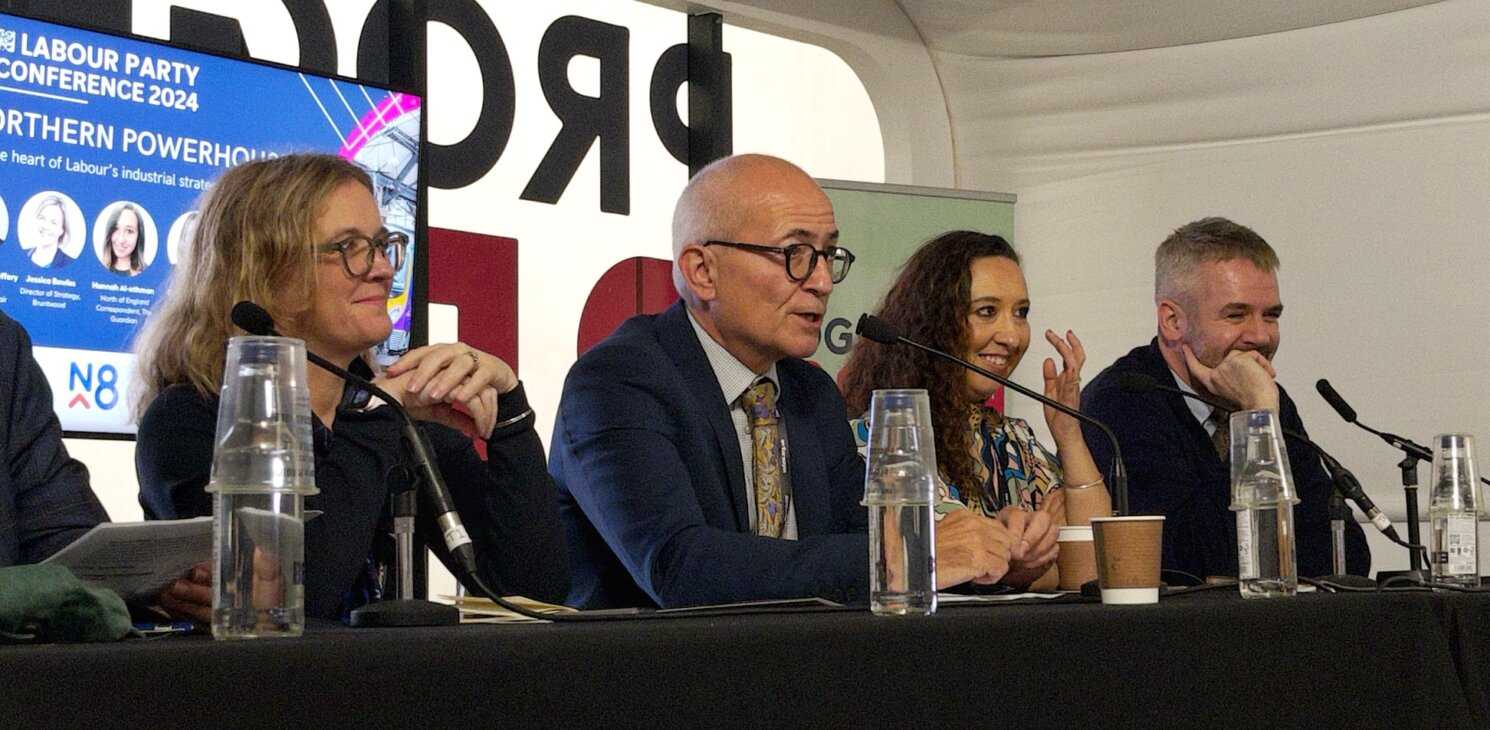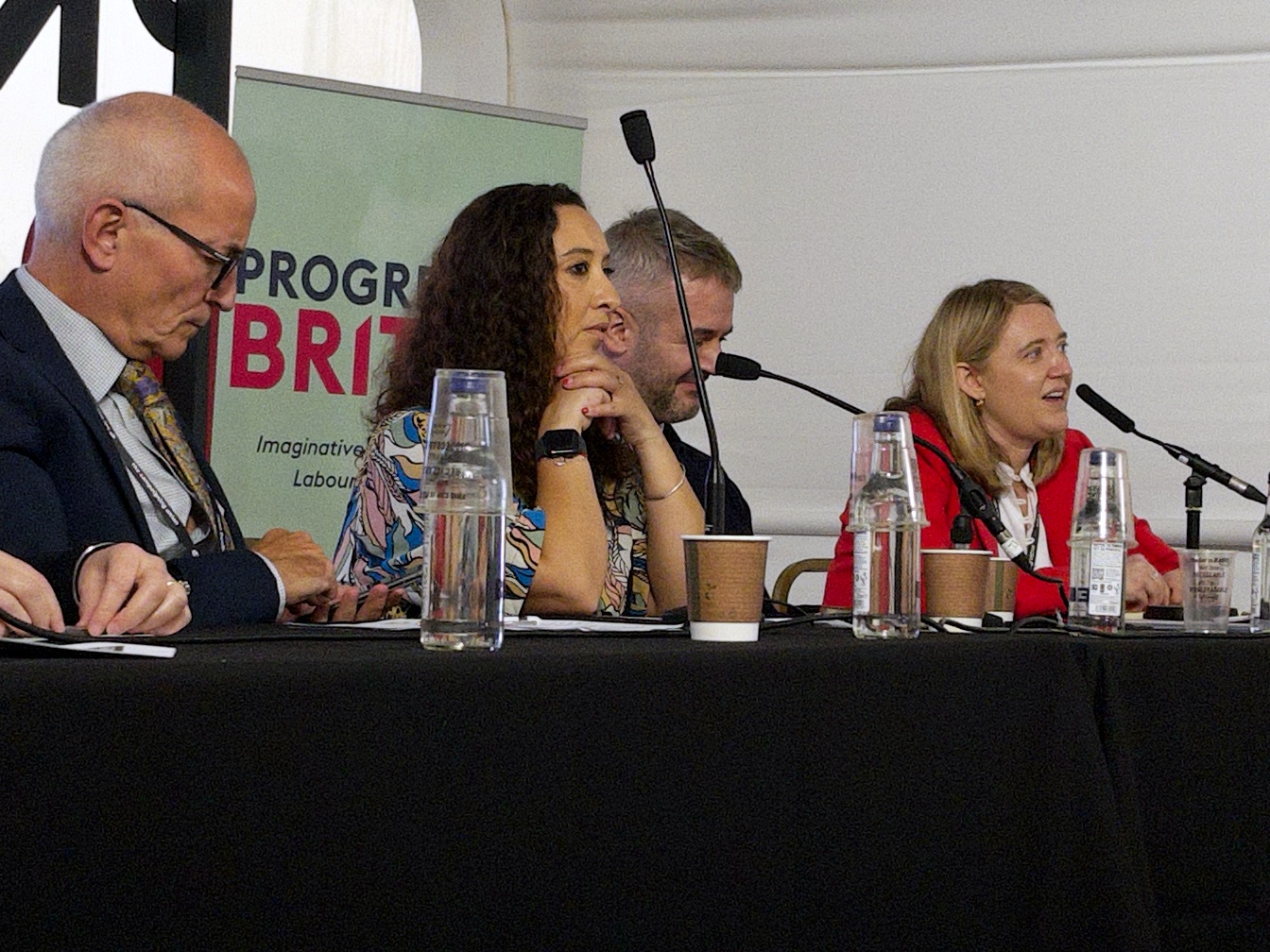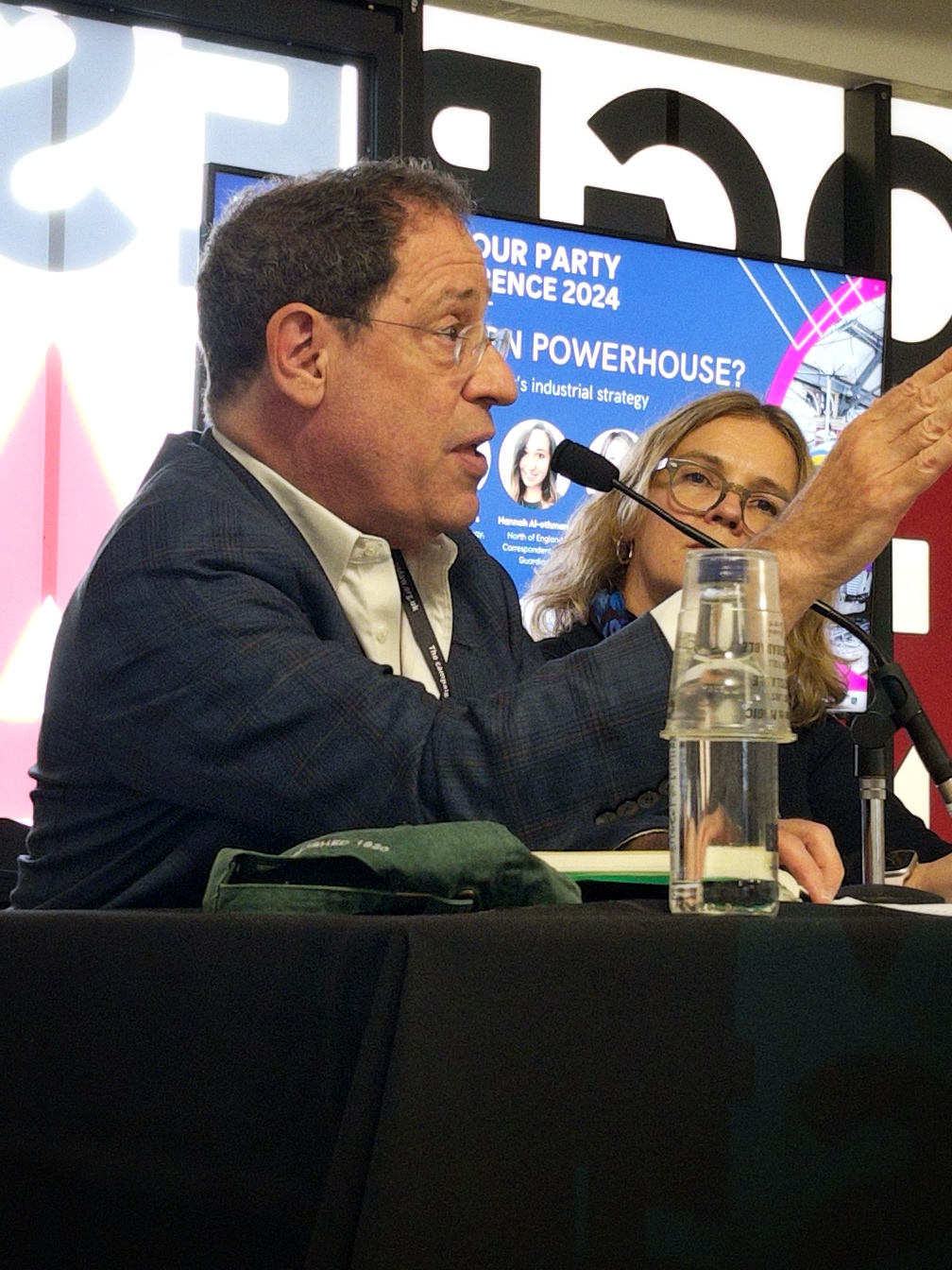
In her first speech as Chancellor, Rachel Reeves pledged that the Labour Party would deliver a new industrial strategy built on stability, investment and reform. Sustained economic growth, Ms Reeves argued, was the only route to improving the prosperity of our country and the living standards of working people.
At the same time, the new Government must take action to fulfil the North of England’s great economic potential. Doing so would help close the productivity and investment gap between north and south that has created significant inequalities and held the UK back for too long. In the ten years since the idea and aspiration of a Northern Powerhouse was launched, there have been successes – including the creation of Metro Mayors – but progress elsewhere has been slow.
There are difficult decisions expected in the forthcoming Budget. In order to deliver growth across the country and pay for public services, it is imperative that the productivity potential of the North of England is unlocked.
These issues were at the heart of an event, held at Labour’s first conference since returning to government, by the N8 Research Partnership together with Progressive Britain. The event explored both the importance of research and innovation in generating this long-term economic growth, and the opportunity to forge impactful collaborations across sectors including education, business, investors and elected Mayors in the North, to support the Government in achieving its manifesto missions.
The panel in Liverpool was chaired by Hannah Al-Othman, North of England Correspondent at The Guardian and featured:
Georgia Gould MP, Parliamentary Secretary for the Cabinet Office
Oliver Coppard, Mayor of South Yorkshire
Professor Charlie Jeffery, Vice-Chancellor of University of York & Chair of the N8 Research Partnership
Jessica Bowles, Director of Strategy at Bruntwood
Bruce Katz, Director of the Nowak Metro Finance Lab at Drexel University

A recurring theme of the discussion was the need for a relentless focus on collaboration and partnerships in order to achieve transformative change for both the North of England and the UK as a whole. Panelists also identified the need for both stability in funding and the empowerment of local leaders to make long-term decisions as essential pre-conditions to support such change. Through a partnership approach, waste can be avoided and effective investments made that build on local strengths and enable changes where they are most needed.
The panel also discussed evidence showing that approaches based on these partnership principles are already having a transformational impact across the North. South Yorkshire was highlighted as an example, where the devastating social and economic impact of the decline of the steel and coal industries had left the region uncertain about its place in the world. The impact of this deindustrialisation is being counteracted by new investment and job creation through the Investment Zone and key partnerships in advanced manufacturing and other sectors.
The key role of universities in these collaborations was highlighted by panelists, not only as a source of cutting-edge research and innovation but also as trusted convenors in local and regional economies, acting as a nexus between start-ups, business, investors and mayoral authorities.

Other key themes that emerged from the panel’s discussion include:
Government and the North as partners
Jessica Bowles outlined five crucial mechanisms by which the North of England can become an integral part of delivering the Government’s planned industrial strategy:
- Flexible investment vehicles
- Revenue support for local authorities
- Innovation within combined authorities
- National government partnerships at local and regional levels
- National government investment in infrastructure
Sharing his experience from the US, Bruce Katz reflected upon the Biden administration’s status as “the most activist government since the New Deal” and how federal funding had been pivotal in driving regional economic growth, highlighting the success of defense industrial bases and the growing semiconductor and decarbonisation industries.
The UK could usefully learn from US experience and adopt a similar model of decentralised decision making supported by national funding to deliver the industrial strategy, argued Bruce – one that develops innovation ecosystems and prevents duplication. This would also help overcome a disconnection between centrally made decisions from the realities on the ground, that can result in national policies that don’t reap the benefits desired once applied at the local level.
How industrial growth can reverse historic decline and deliver pride to communities
Speaking from his own experience as Mayor of South Yorkshire, Oliver Coppard pointed to the bright future that lies ahead for the region, due in no small part to the University of Sheffield’s Advanced Manufacturing Research Centre (AMRC), which helps turn the latest world-leading research into huge practical improvements for industry partners such as McLaren, Rolls-Royce and Boeing.
As part of the South Yorkshire Investment Zone, Boeing recently announced Compass (Composites at Speed and Scale) – a new £50m manufacturing technologies research and development facility based at the AMRC. Oliver highlighted how industrial initiatives such as these built on research excellence improve productivity and have transformative potential. If the South Yorkshire region was to match the average productivity rate across the UK, it would add £5.9 billion to the economy, benefiting each resident in South Yorkshire by £4,200.
As Charlie Jeffrey noted, these rewards can only be achieved through the efforts of universities. They play a key role in bringing together businesses, start-ups, and investors across advanced manufacturing and other key sectors in the North of England.
Growth is not just about cities
Towns and smaller conurbations are both beneficiaries and drivers of economic growth. In response to a question about the future of Barrow-in-Furness in Cumbria – a rural town with a thriving defence and energy sector yet the lowest number of young people entering university in the country – Charlie discussed the potential for drawing coastal towns into new Mayoral Combined Authorities.
In North Yorkshire, which includes the university city of York and a large rural area stretching to the North Sea coast, a new administrative structure has prompted local leaders to rethink regional economic geography. Scarborough, about an hour from York, is now viewed as part of the same economic area and boasts several key assets, including a university branch campus, a further education college, a GCHQ office, and opportunities in the marine bioeconomy. Under the new mayoral combined authority, Scarborough can now contribute to regional economic development in ways it couldn’t before.
This is an approach that Barrow-in-Furness as well as other rural and semi-rural towns in Lancashire and Cheshire could benefit from, helping to address the ‘deeply uncomfortable’ situation Jessica highlighted in which towns and cities have been pitched against each other. Creating physical, academic and research connections will be a key part of the answer for those towns, as it will for the future economic growth in the country as whole.
Yet it’s essential to recognise that not every location can serve as a central hub for everything, and it is therefore crucial to objectively and realistically identify key strengths and places that local regions can build around. These areas should include the broader ecosystem, as relative proximity to a city can feel much further if transport options are limited or unreliable. This makes commuting for skills development and/or work difficult, which in turn limits both economic opportunities and the opportunities for individuals.
Long-term stability is critical
While having a long-term partnership with the private sector and universities around investment, skills development, and creating the right jobs in a community is essential, it becomes difficult to maintain that stability of vision when, locally, stakeholders are often only certain about levels of government funding for the next financial year.
As an example of how the government is already addressing this and how low local leaders can better deliver change for their communities, Georgia Gould highlighted the Department for Work and Pensions’ recent announcement aimed at tackling economic inactivity by enabling local leaders to tailor schemes to get people back into employment and to prioritise rewarding, well paid work.
This initiative links to one of the Government’s five missions – ‘Breaking down barriers to opportunity’ – and Georgia argued that missions provide a golden thread between a strong, long-term vision for the country, working hand in hand with regional and local government to tackle the regional inequalities that have held the country back for so long.
At the N8 Research Partnership, we believe our eight world-class universities form a ‘Golden Octagon’ across the North of England that can play a key role in delivering on the promise of this golden thread and on the many opportunities discussed by the panel.
Powered by collaboration with business and local and mayoral combined authorities, our members are engines of economic growth and creators of highly skilled jobs where these are most urgently needed.
To find out more about how the N8 is working to deliver the government’s five missions, visit https://www.n8research.org.uk/work-with-us/regional-growth/
***